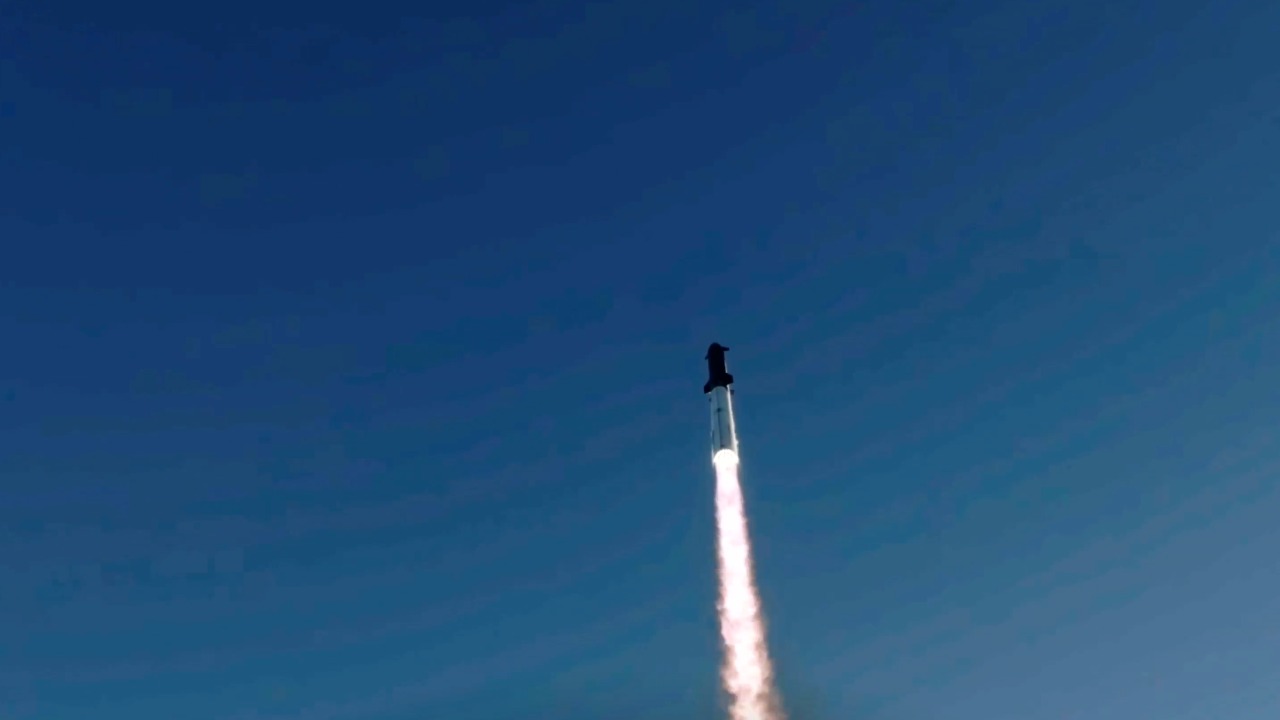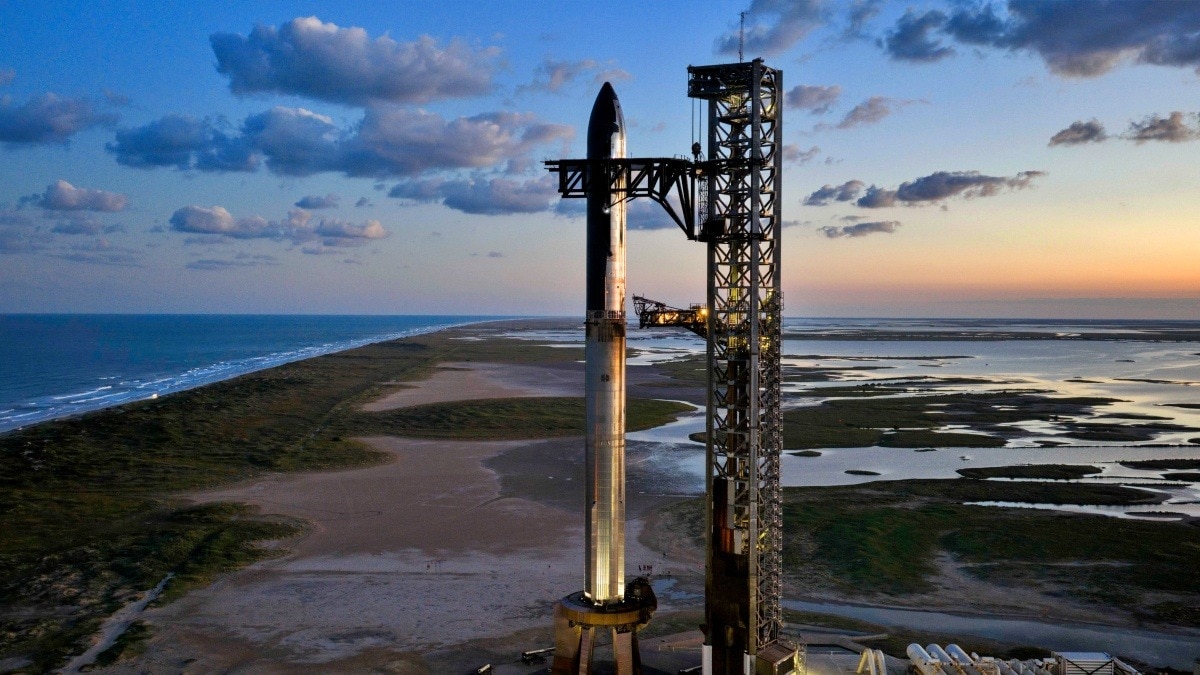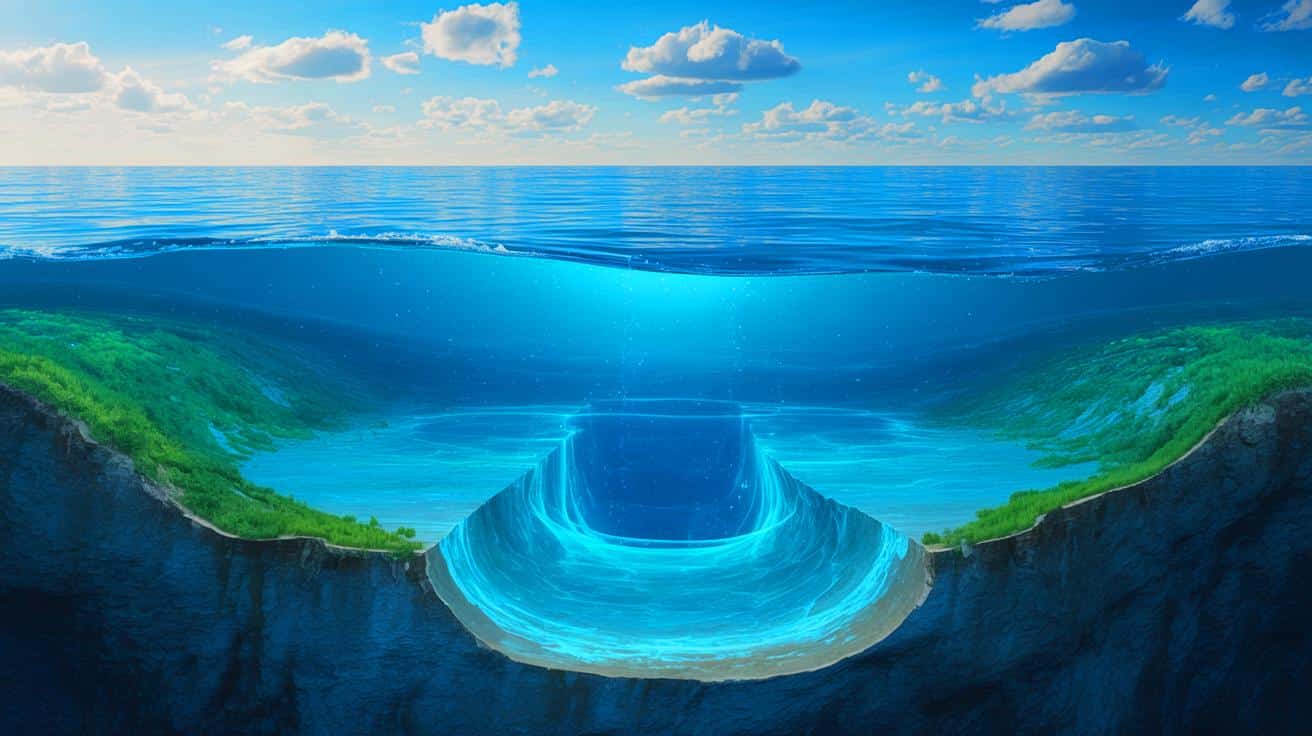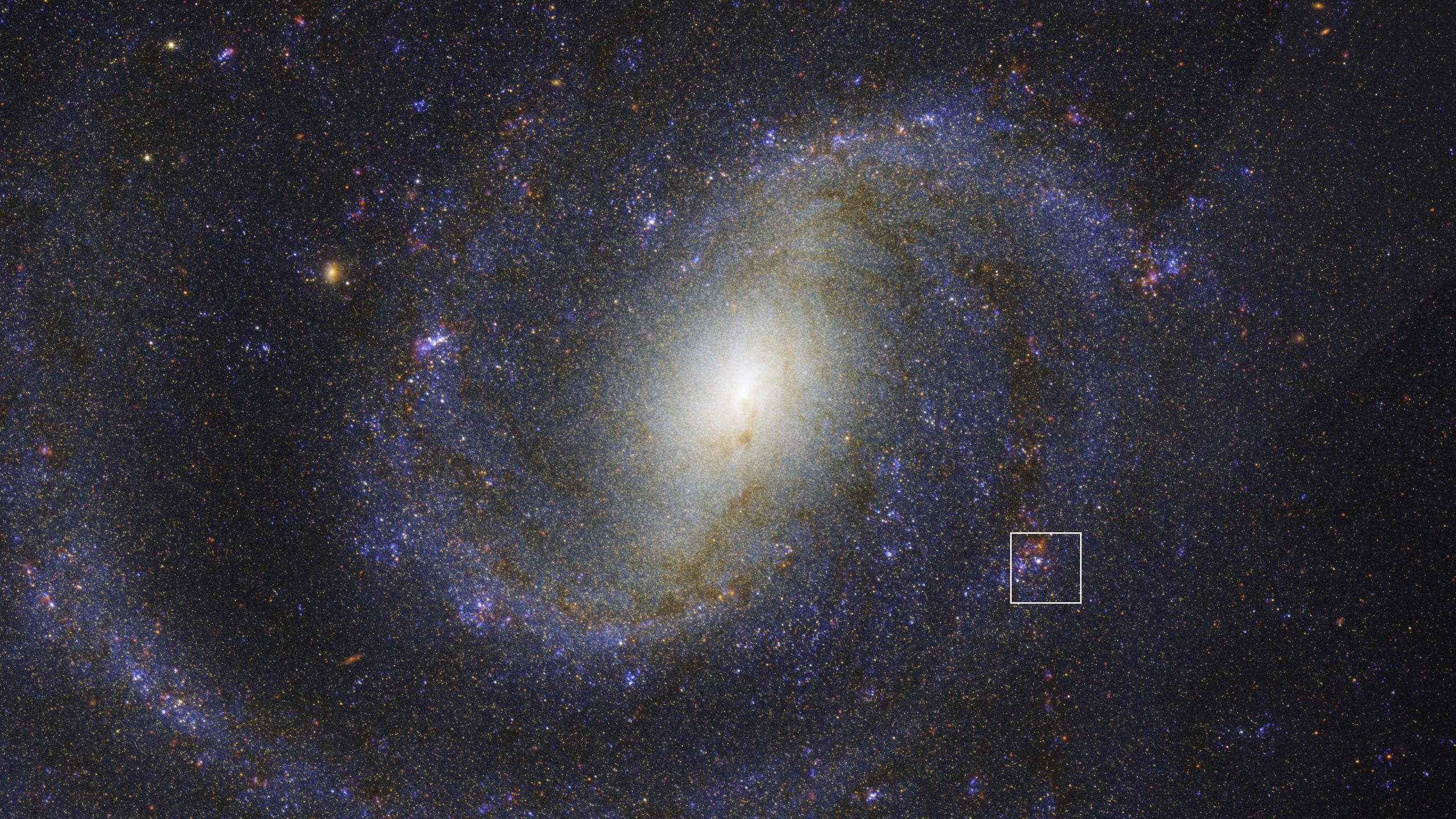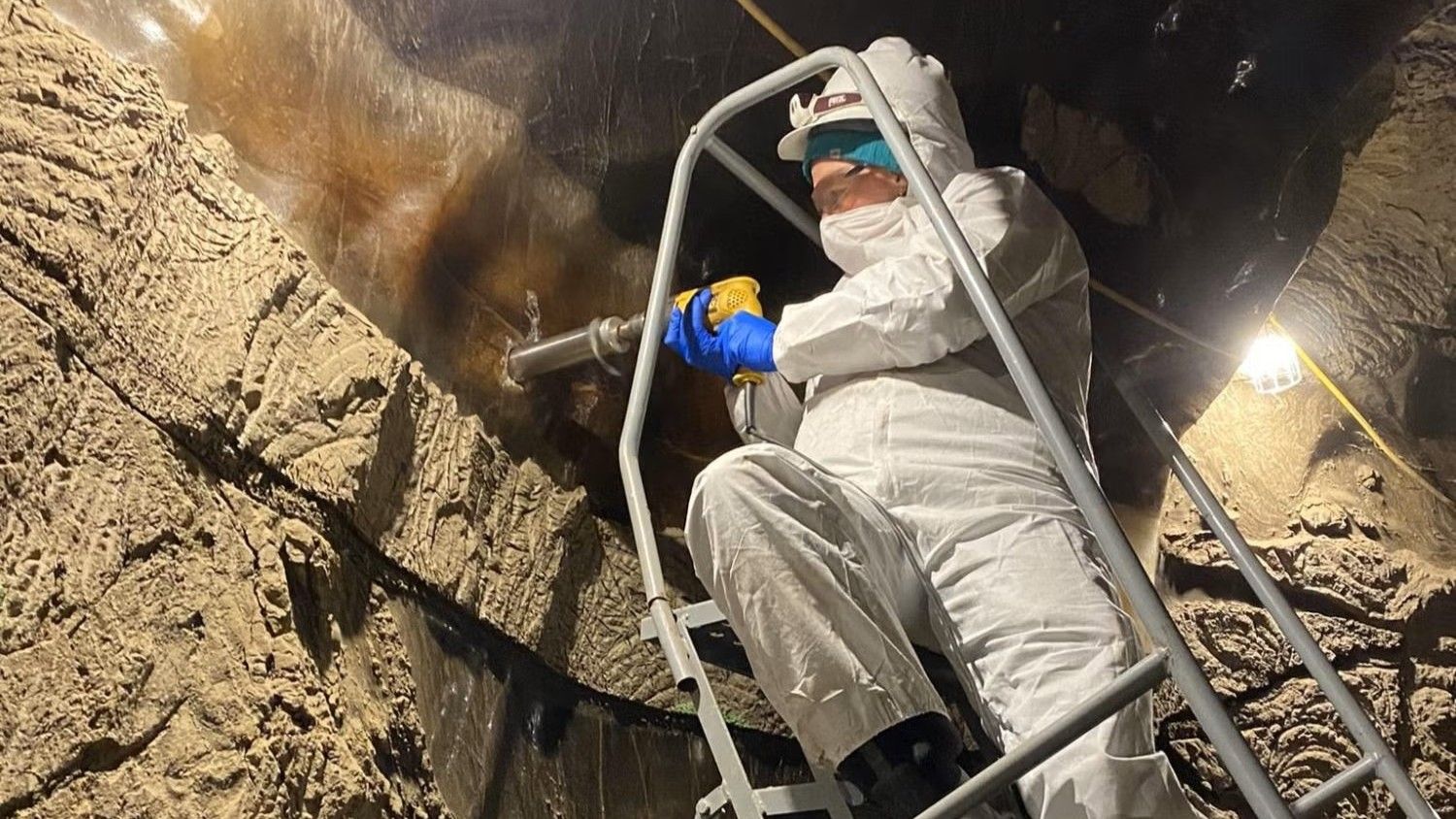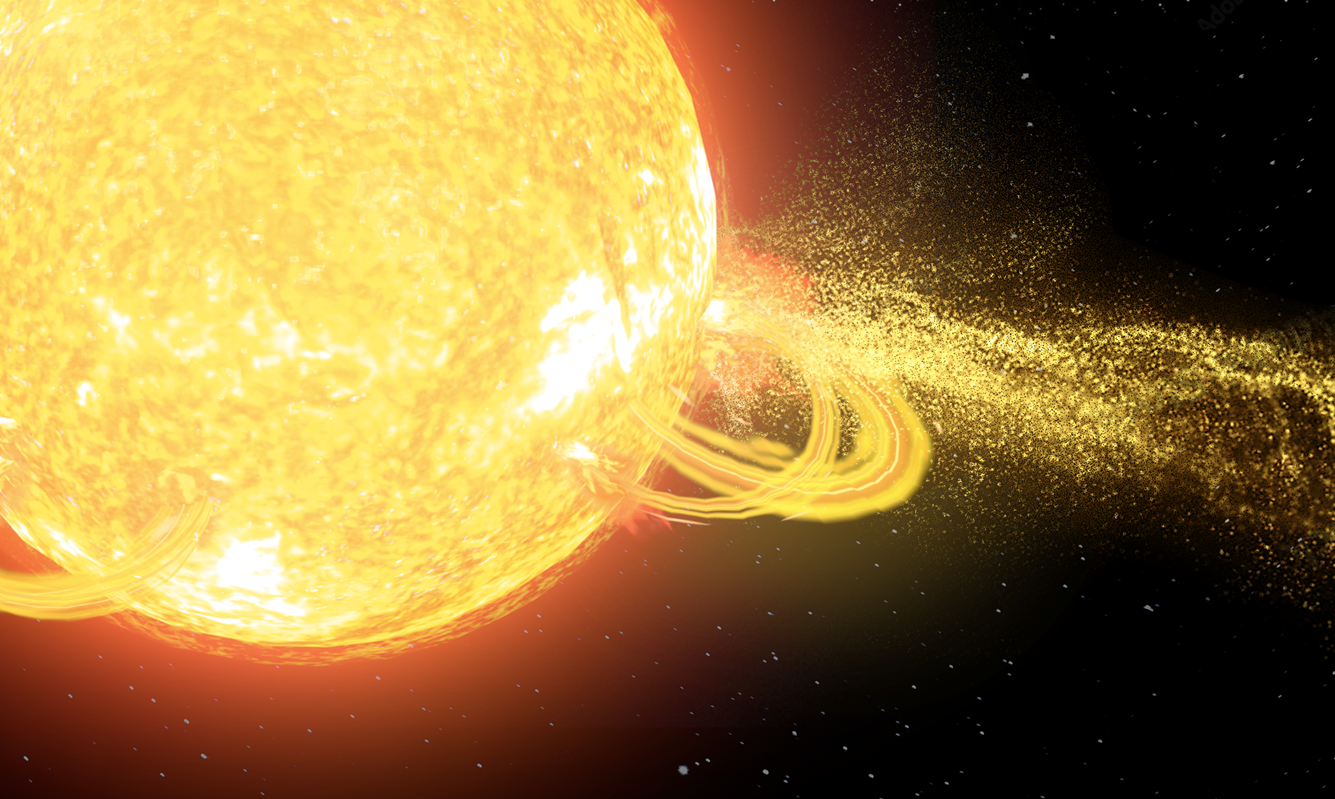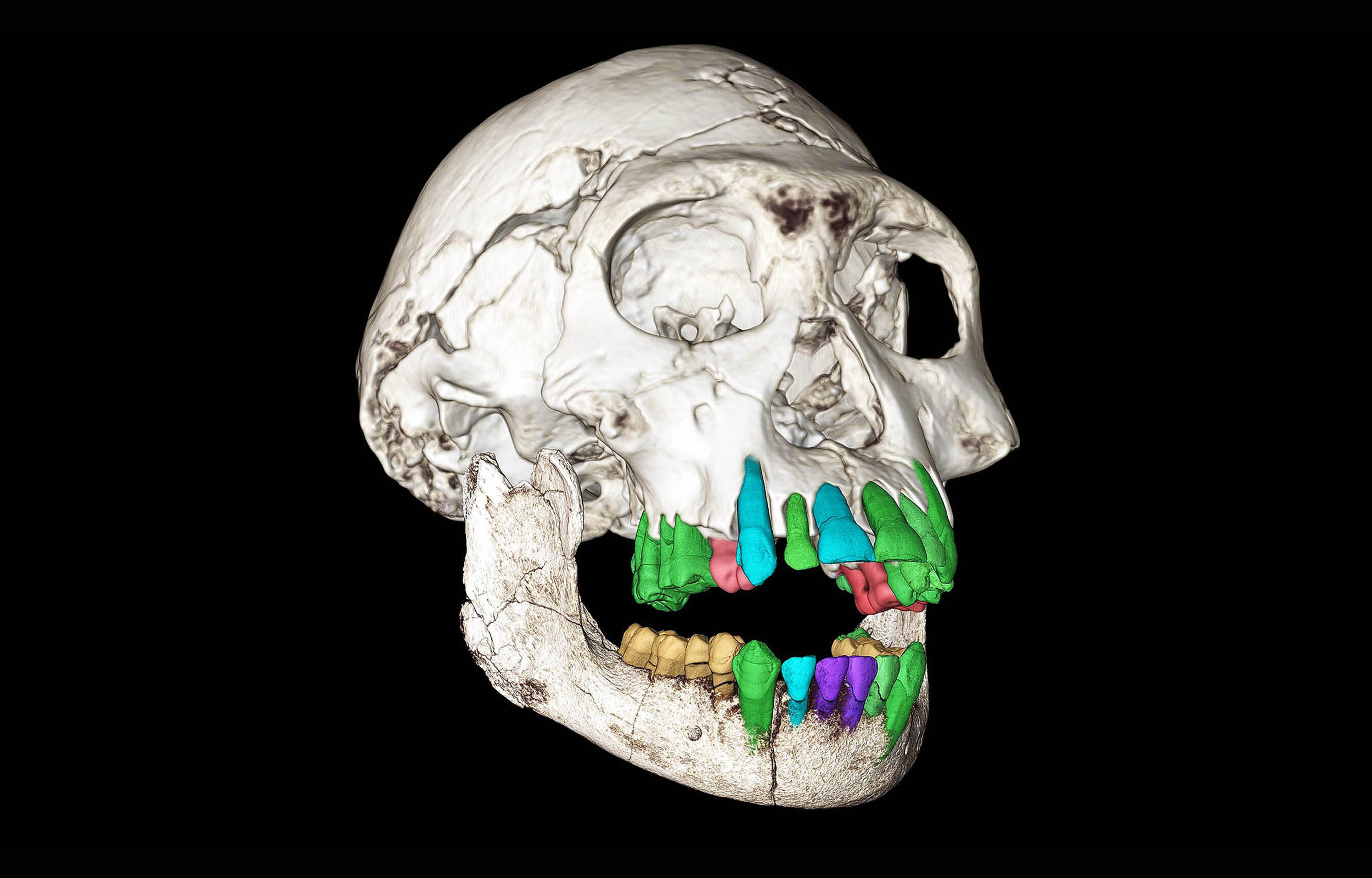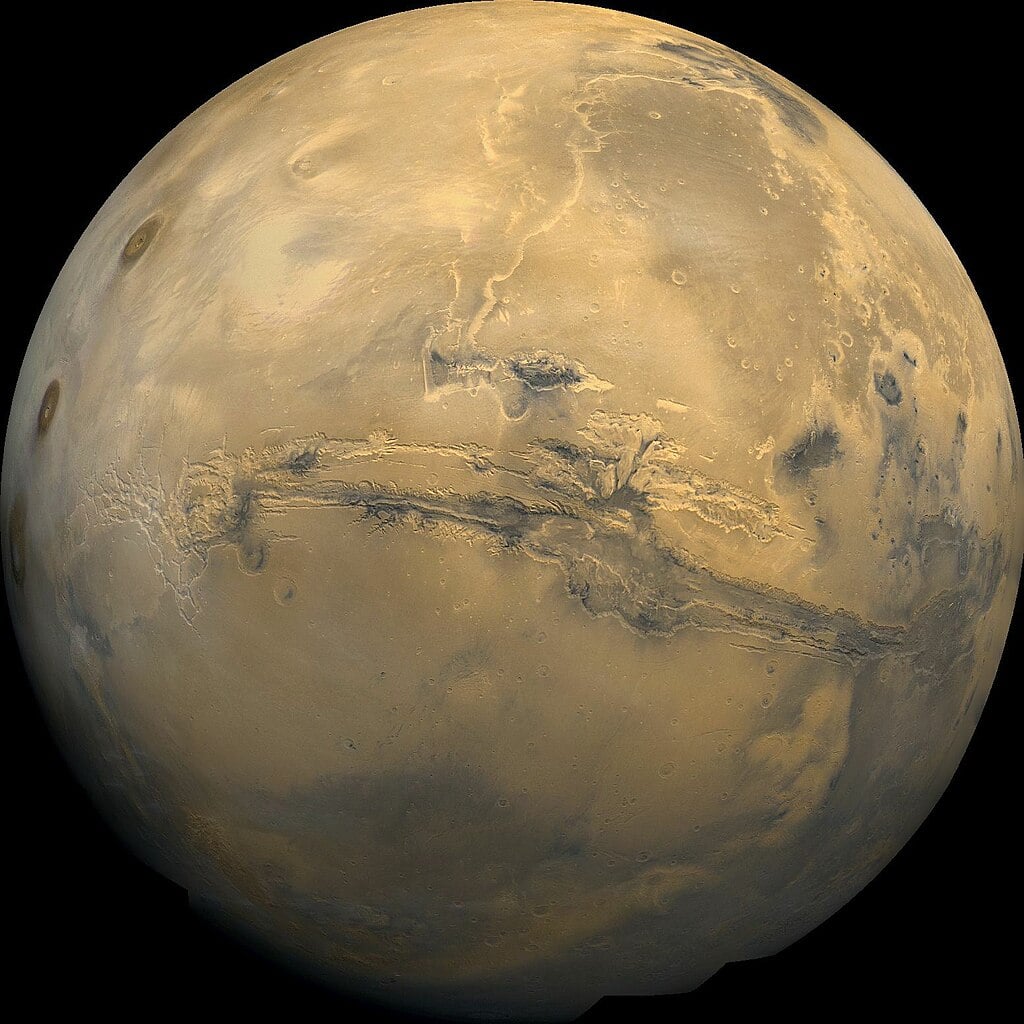Shocking Discovery: Microplastics Are Threatening Earth's Carbon Sequester Champions!

Imagine the tiny Antarctic krill, not just a staple in the oceanic food chain, but also one of our planet's unsung heroes in the fight against climate change. Recent research has unveiled that these small crustaceans carry a weighty responsibility: they sequester carbon from our atmosphere, playing a crucial role in keeping our planet cool. According to Science News, their impact is more significant than we ever realized.
So, how does this work? Krill feed by filtering ocean water for phytoplankton, and during this process, they produce small carbon-rich pellets known as boluses, which sink to the ocean floor. A 2024 study published in Nature Communications revealed that Antarctic krill sequester an astonishing amount of carbon—equivalent to marshes, mangroves, and seagrasses combined. This translates into ecosystem services valued between $4 billion and $46 billion each year, depending on carbon prices, with some of these pellets traveling as far as the North Pacific!
But hold onto your hats—there’s a dark twist. A recent study from October 2025 discovered that microplastic pollution could be interfering with krill's feeding and digestion in alarming ways. Laboratory observations indicated that microplastics led krill to release boluses three times more frequently than usual. Science News points out this could mean krill are discharging these vital carbon-sequestering pellets before they’re fully nourished, potentially jeopardizing their ecological role.
Why does this matter so much? If krill are unable to efficiently sequester carbon due to microplastic interference, it could mean more carbon in the atmosphere and consequently, hotter global temperatures. With climate change already a pressing issue, we cannot afford to lose any natural carbon sink.
Scientists emphasize the urgent need for further research to grasp the full extent of how microplastics affect krill. Meanwhile, it's a stark reminder of the pervasive threat that plastic contamination poses—not just for marine life, but for our own health as well. While global solutions are essential, individual actions matter too. By choosing plastic-free products and supporting eco-conscious brands, we can reduce plastic waste and send a powerful message about consumer preferences.
Stay informed and engaged! Join our free newsletter for uplifting news and practical tips, and check out our list of easy ways to make a positive impact on both yourself and the planet.













